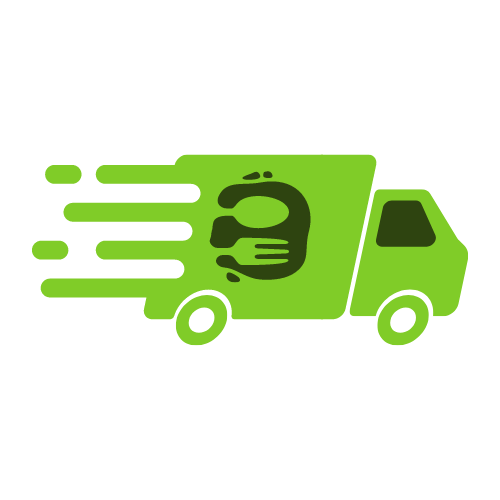The Gig Economy and Taxes: A Comprehensive Guide for Gig Workers

Introduction
The gig economy has opened up a world of opportunities for those looking for flexible work arrangements. However, with the freedom of being your own boss comes the responsibility of managing your own taxes. Unlike traditional employment, where taxes are automatically deducted from your paycheck, gig workers need to take a proactive approach to tax planning, deductions, and compliance. This article serves as a comprehensive guide to help you navigate the complex world of taxes in the gig economy.
Why Understanding Taxes is Crucial for Gig Workers
Tax compliance is not just a legal obligation but also a critical aspect of your financial health. Failure to comply can result in hefty fines and penalties, while smart tax planning can lead to significant savings. Here's why understanding taxes is crucial:
- Legal Compliance: Ignorance is not an excuse in the eyes of the law.
- Financial Planning: Accurate tax planning helps you understand your real earnings and plan your finances better.
- Avoid Penalties: Late payments and incorrect filings can result in financial penalties.
Tax Planning: Getting Started
Know Your Tax Structure
Understanding the tax structure is the first step in tax planning. Gig workers are generally considered self-employed, which means you're responsible for both income tax and self-employment tax.
Quarterly Payments
The IRS expects self-employed individuals to make estimated tax payments quarterly. These are due on:
- April 15
- June 15
- September 15
- January 15 (of the following year)
Record-Keeping
Maintain a meticulous record of all income and expenses. Use accounting software or a simple spreadsheet to track every transaction.
Deductions: Maximizing Your Savings
Home Office
If you use a part of your home exclusively for work, you may qualify for a home office deduction.
Vehicle Expenses
If you use your vehicle for work, you can deduct expenses like gas, maintenance, and even depreciation.
Supplies and Equipment
Any tools or supplies purchased for work can be deducted.
Health Insurance
Self-employed individuals can often deduct their health insurance premiums.
Compliance: Filing Your Taxes
Forms to Know
- Form 1099-NEC: This form reports your income from each client who paid you $600 or more during the tax year.
- Schedule C: Used to report income or loss from your gig work.
- Schedule SE: Used to calculate self-employment tax.
Filing Options
- DIY Software: Tax software like TurboTax and H&R Block offer self-employed versions.
- Tax Professionals: If your tax situation is complex, consider hiring a CPA who specializes in self-employed tax issues.
Conclusion
Navigating taxes in the gig economy may seem daunting, but with careful planning and organization, you can not only comply with the law but also maximize your earnings. From understanding your tax structure and making quarterly payments to knowing what deductions you can claim, each step is crucial. Whether you choose to go the DIY route with tax software or hire a professional, staying informed is the key to successful tax planning in the gig economy.





